Fair Disclosure of Evidence: Indian Evidence Act,1872
Table of Contents
ToggleIntroduction
The principle of fair disclosure by the prosecution is fundamental to ensuring a fair trial, a cornerstone of the criminal justice system. In the Indian legal context, this principle is closely tied to the provisions of the Indian Evidence Act, 1872, and is vital in protecting the rights of the accused under Article 21 of the Constitution of India, which guarantees the right to life and personal liberty. The legal system mandates that all material evidence, including exculpatory evidence, must be disclosed by the prosecution to ensure that the accused has a fair opportunity to defend themselves. This article explores the concept of fair disclosure, its legal framework within the Indian Evidence Act, and significant case laws that have shaped its application in India
Legal Framework Indian Evidence Act, 1872
The Indian Evidence Act, 1872, is a comprehensive legislation that governs the admissibility, relevancy, and burden of proof in the courts of India. While the Act does not explicitly mandate the fair disclosure of evidence by the prosecution, several provisions indirectly emphasize the importance of transparency and fairness in the judicial process.
Section 3: Defines the terms ‘evidence’ and ‘proved,’ which are central to the concept of fair disclosure. Evidence includes all statements made by witnesses and all documents submitted in court, which must be disclosed to both parties.
Section 9: Deals with facts necessary to explain or introduce relevant facts, which the prosecution is obligated to disclose.
Section 161 of the Code of Criminal Procedure, 1973: Requires the prosecution to supply statements made by witnesses during investigation to the accused. This is critical to ensuring that the defense can prepare adequately.
Section 145: Allows cross-examination of a witness with respect to previous statements made in writing, emphasizing the need for full disclosure of such statements.
Constitutional Perspective
Article 21 of the Constitution of India guarantees the right to life and personal liberty. The Supreme Court of India has interpreted this right to include the right to a fair trial. The principle of fair disclosure is seen as an extension of this constitutional guarantee, ensuring that the accused is not subjected to an unfair trial by being deprived of access to material evidence.
Key Case Laws
1. Sharad Birdhichand Sarda v. State of Maharashtra (1984)
This landmark case emphasized the necessity of a fair trial and the duty of the prosecution to disclose all relevant material to the defense. The Supreme Court held that non-disclosure of crucial evidence could lead to miscarriage of justice. The judgment underscored that the burden of proving guilt beyond a reasonable doubt lies on the prosecution, which must not withhold any evidence that could potentially exonerate the accused.
2. State of Kerala v. Babu (1999)
The Supreme Court reiterated the importance of the prosecution’s duty to act fairly. It ruled that suppression of evidence, especially when it is beneficial to the accused, amounts to a denial of a fair trial. The court emphasized that the prosecution is obligated to disclose all material, whether it supports or contradicts its case.
3. Mohd. Hussain @ Julfikar Ali v. The State (Govt. of NCT) Delhi (2012)
The Supreme Court in this case highlighted that non-disclosure of evidence, particularly statements recorded under Section 161 of CrPC, can lead to quashing of the conviction. The court noted that withholding such evidence infringes the accused’s right to a fair trial and violates the principles of natural justice.
4. Maneka Gandhi v. Union of India (1978)
Although primarily concerning personal liberty under Article 21, this case has broader implications for fair trial principles. The Supreme Court held that a fair trial is implicit in the right to life and personal liberty. The judgment has been foundational in ensuring that the accused is given every opportunity to defend themselves, including access to all evidence.
Comparative Analysis
United States
In the United States, the concept of fair disclosure is governed by the Brady Rule, established in Brady v. Maryland (1963). Under this rule, the prosecution is required to disclose any exculpatory evidence that might exonerate the defendant. Failure to disclose such evidence can result in the reversal of a conviction.
United Kingdom
In the UK, the Criminal Procedure and Investigations Act, 1996, mandates that the prosecution must disclose any material that could undermine its case or assist the defense. This obligation is a continuous one, requiring the prosecution to review and disclose material even after the trial has commenced.
Challenges and Reforms
Despite the legal provisions and judicial pronouncements, the principle of fair disclosure faces challenges in practical implementation. Issues such as prosecutorial misconduct, lack of awareness among defense attorneys, and systemic delays in the judicial process can hinder the effective application of fair disclosure rules.
To address these challenges, the following reforms are suggested:
Strengthening Legal Framework:
Amending the Indian Evidence Act to explicitly mandate the fair disclosure of all material evidence by the prosecution would provide clearer guidance to the judiciary and law enforcement agencies.
Training and Awareness:
Regular training programs for prosecutors and defense attorneys on the importance of fair disclosure can help mitigate issues of non-compliance.
Judicial Oversight:
Establishing stricter judicial oversight mechanisms to monitor the prosecution’s adherence to disclosure obligations can ensure greater accountability.
Technological Integration:
Utilizing technology to maintain and share digital records of evidence can streamline the disclosure process and reduce delays.
Conclusion
Fair disclosure of evidence by the prosecution is a fundamental aspect of the right to a fair trial under Article 21 of the Constitution of India. While the Indian Evidence Act, 1872, and related legal provisions offer a framework for ensuring transparency in the judicial process, the need for explicit mandates and robust implementation mechanisms is critical. The judiciary has played a significant role in upholding this principle, as seen in various landmark judgments. However, continued reforms and vigilance are necessary to ensure that the principle of fair disclosure is upheld in every trial, thus safeguarding the rights of the accused and maintaining the integrity of the criminal justice system.

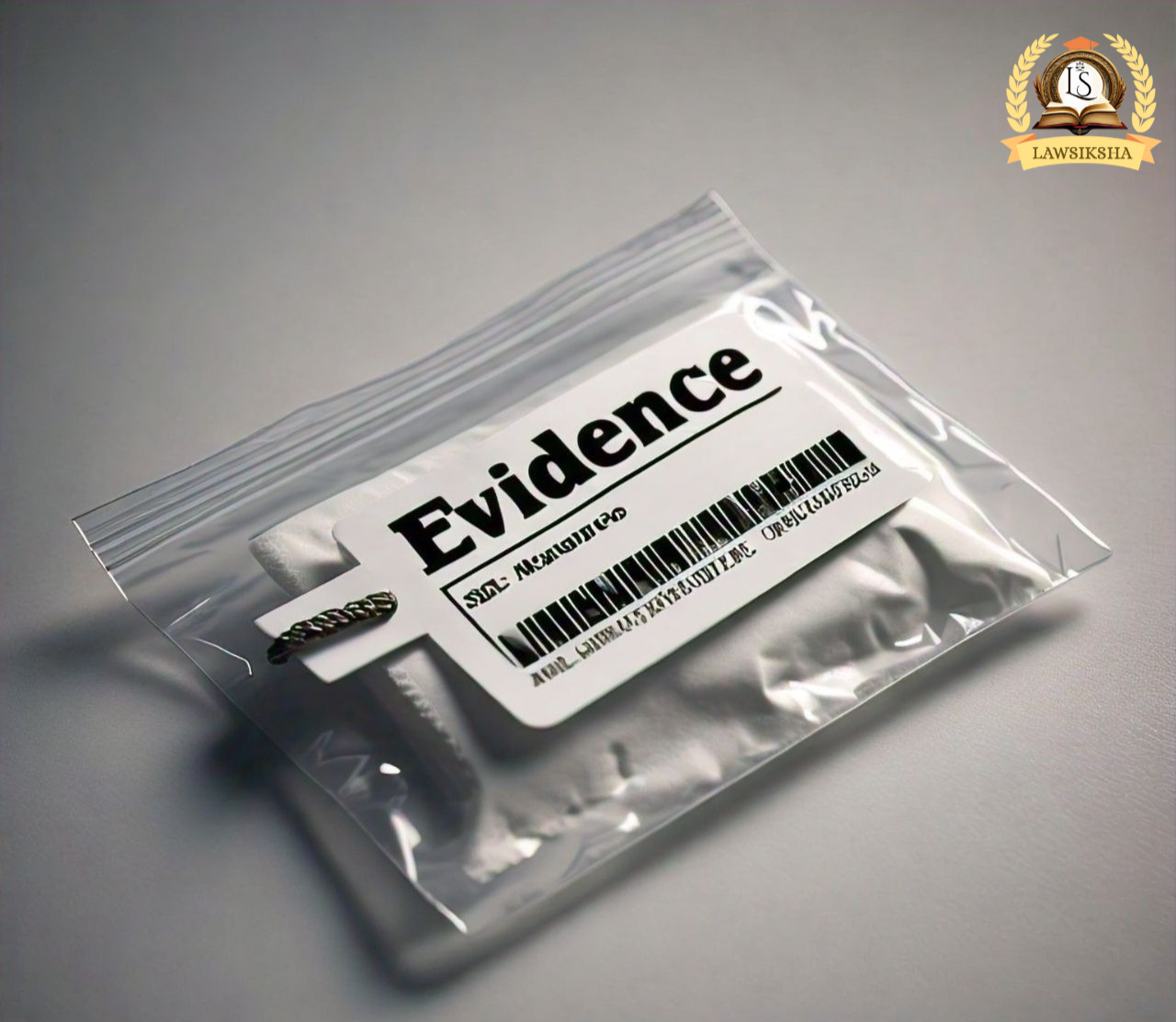

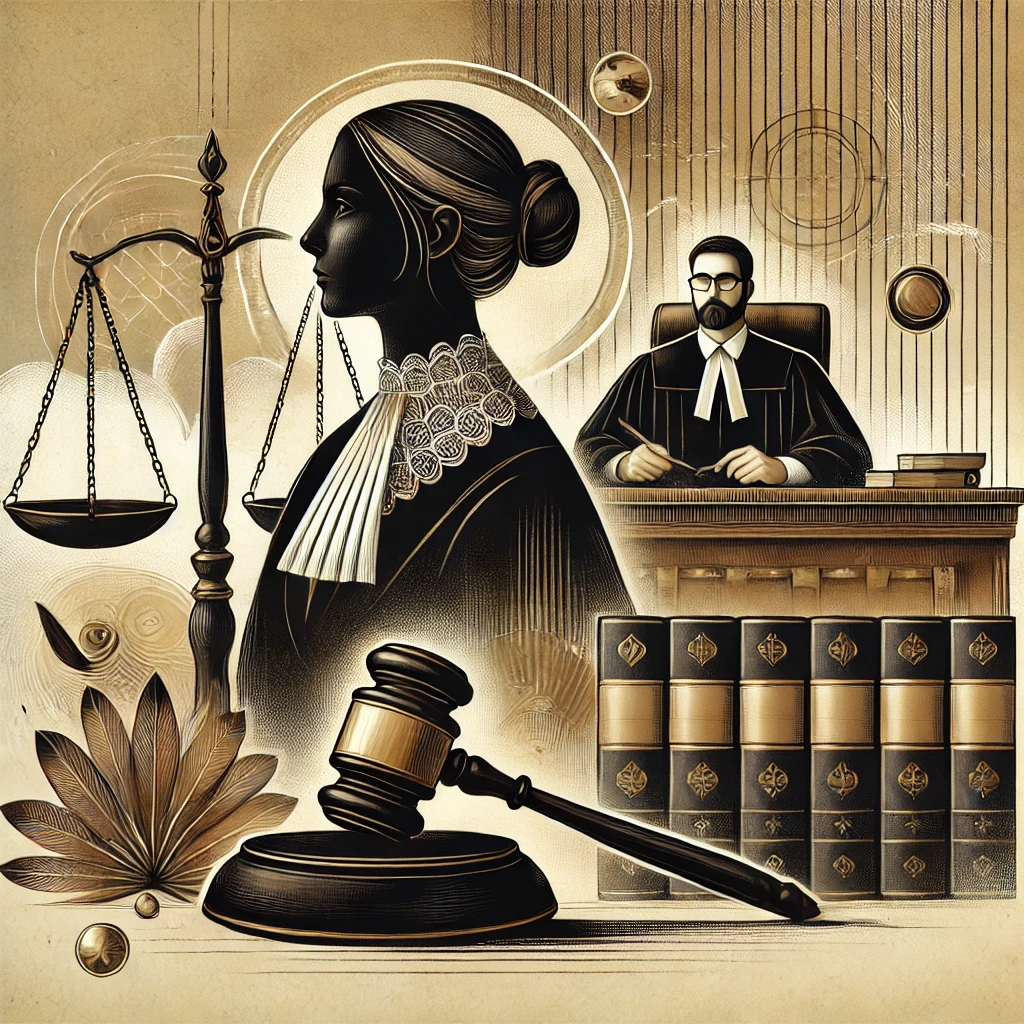




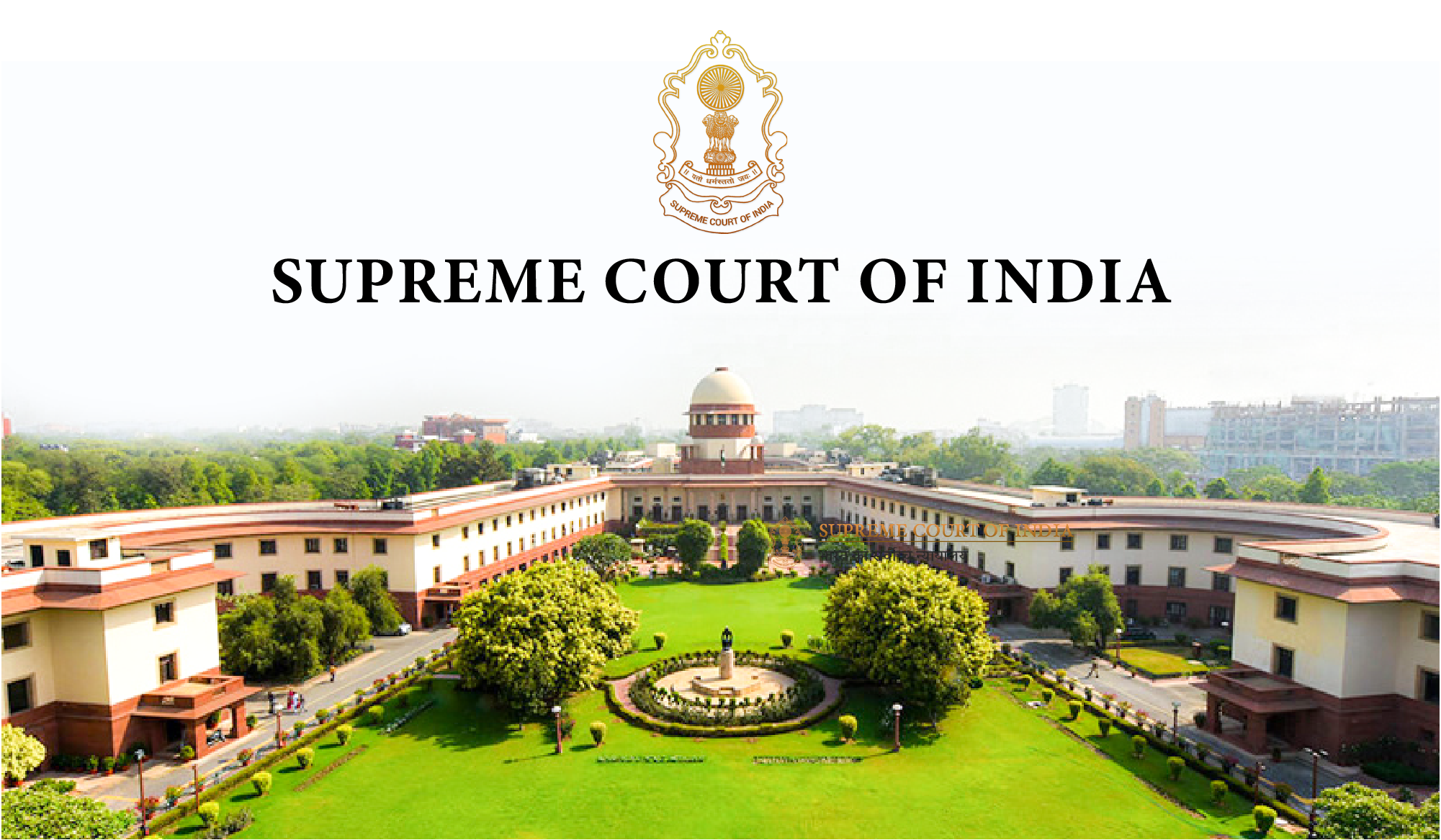
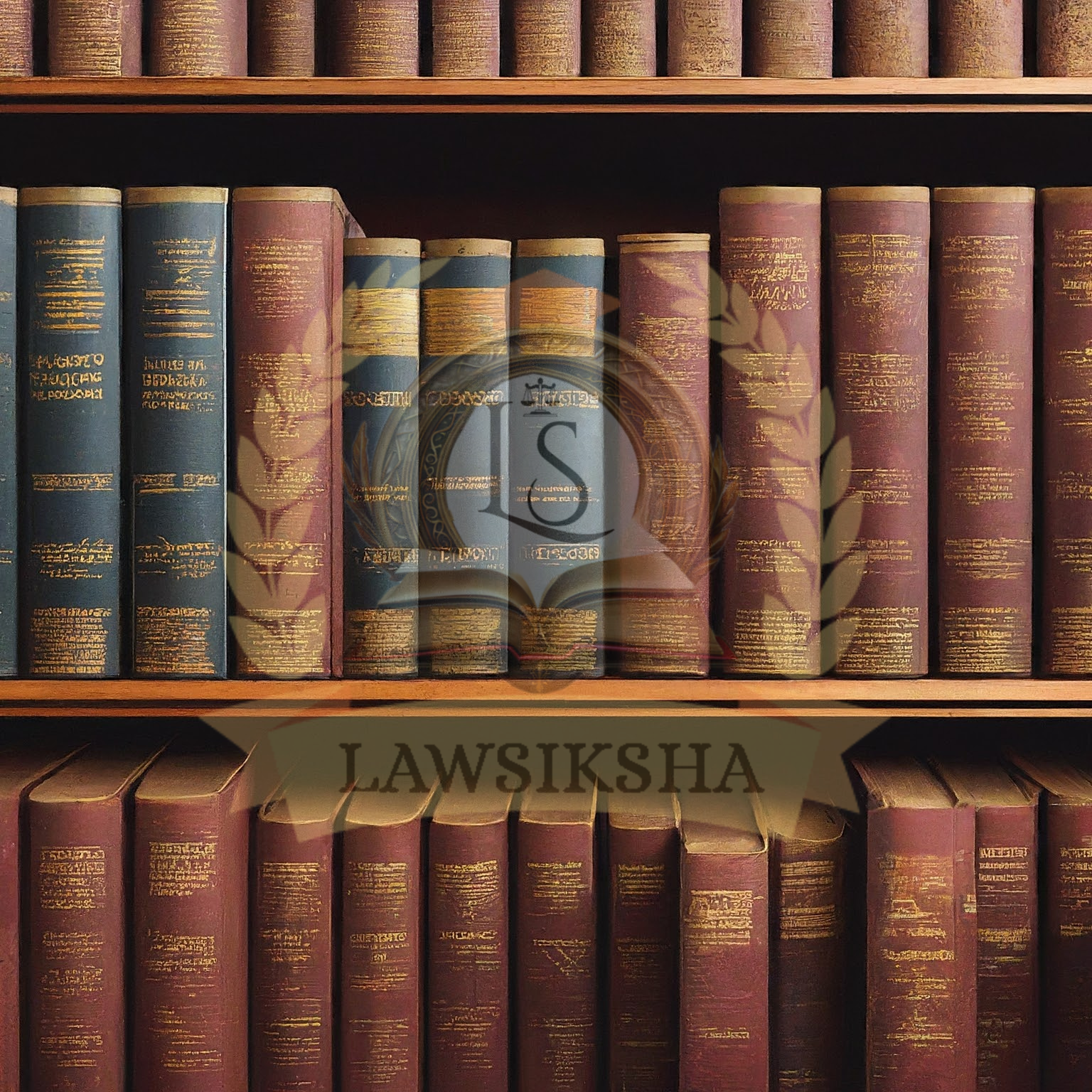
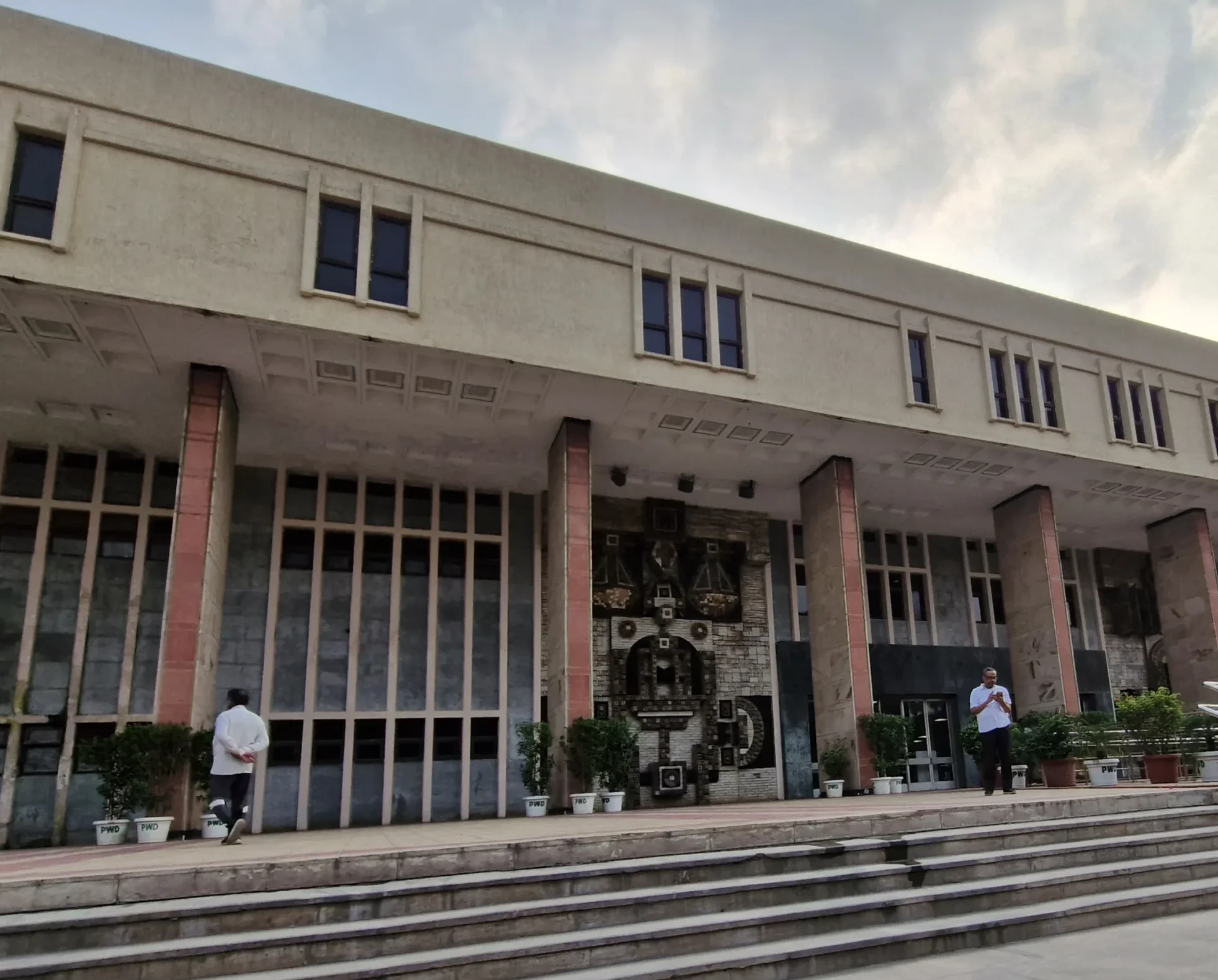
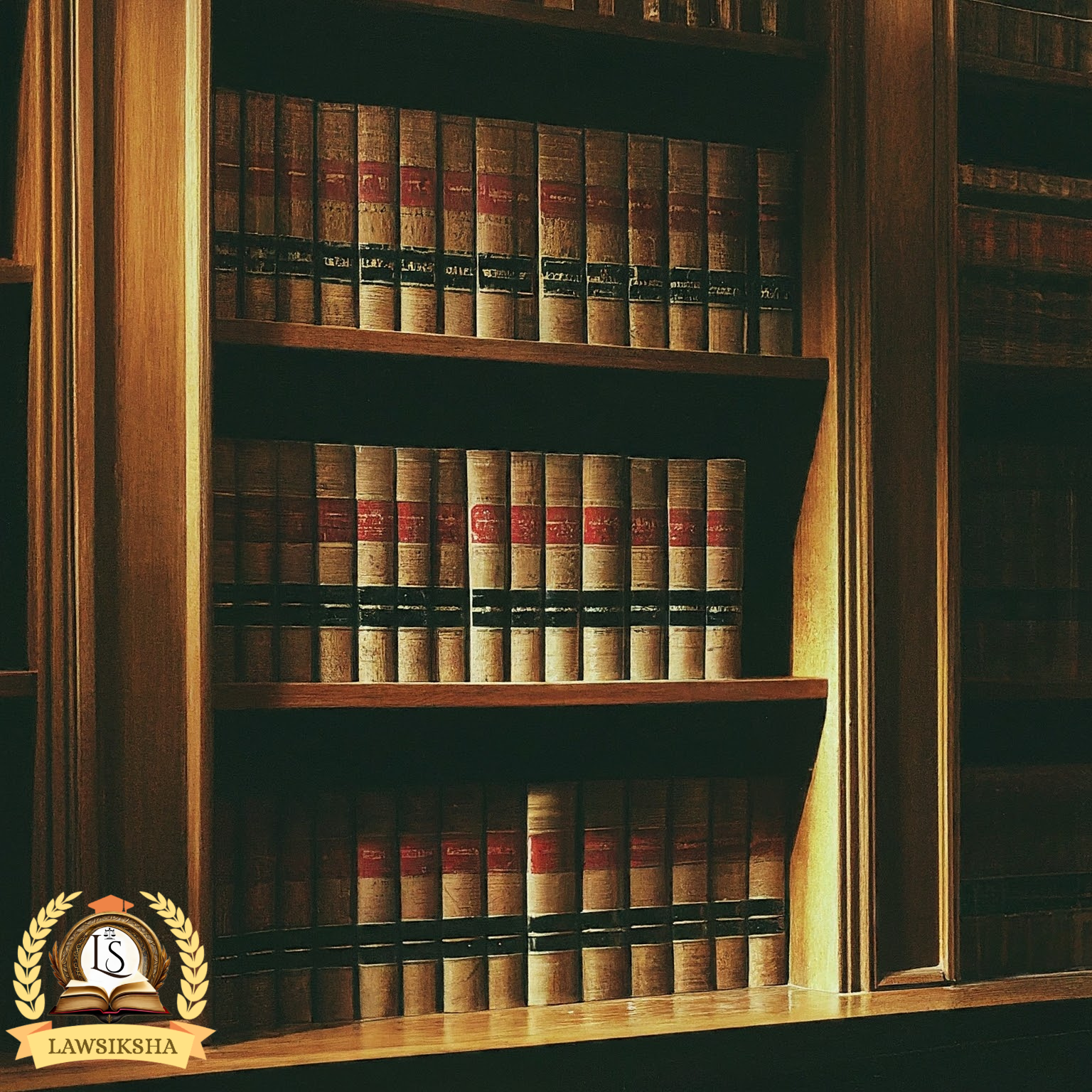
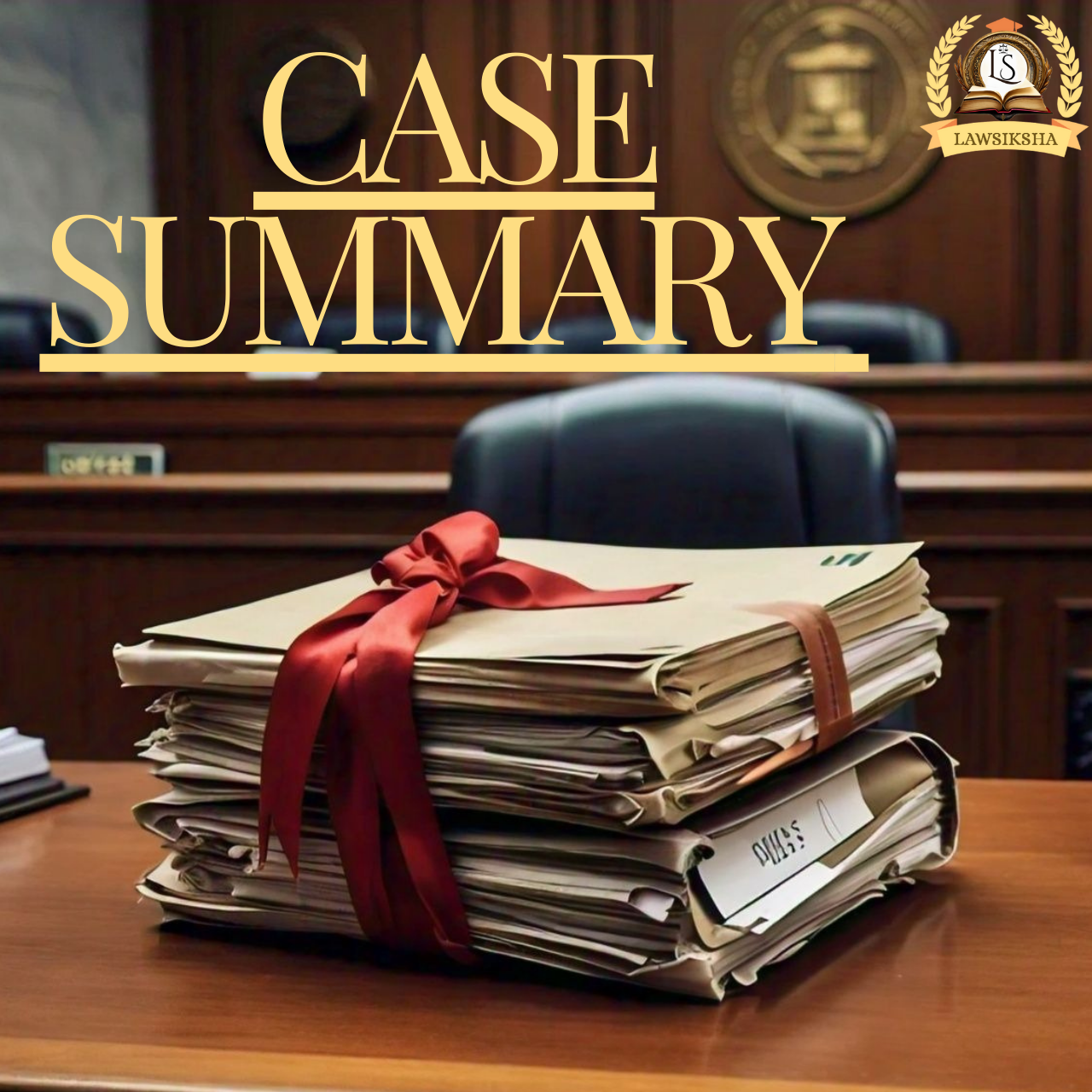
Leave a Reply